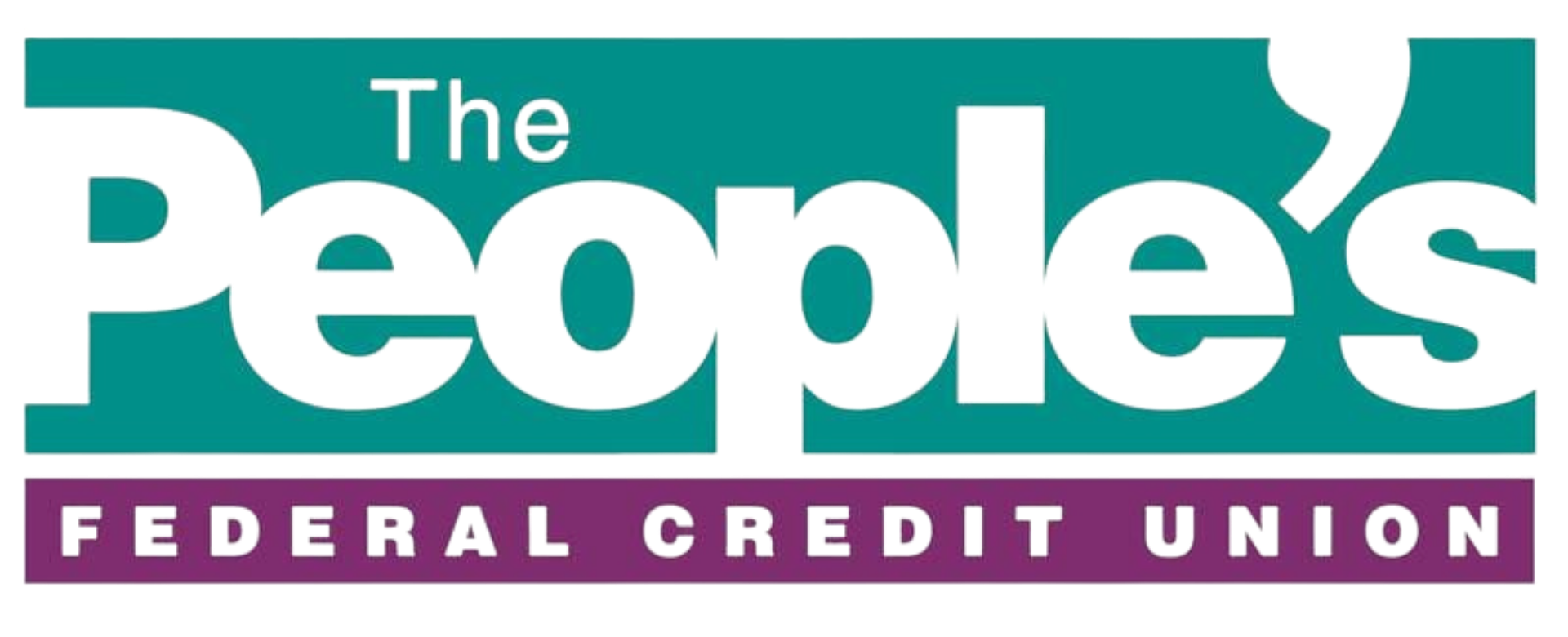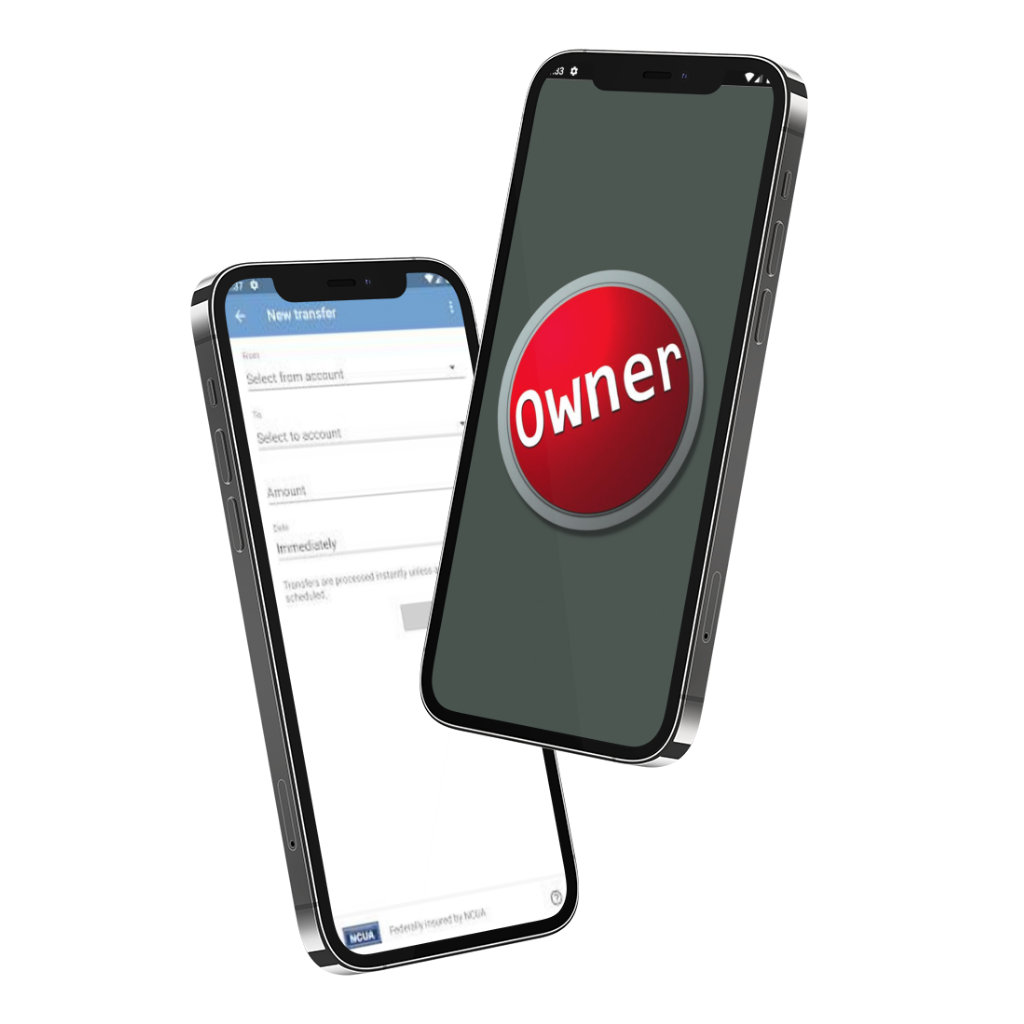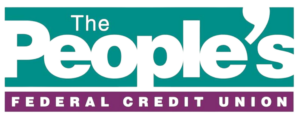Planning for retirement is something most people put off until they are nearing retirement age. Life challenges, like having children, paying college tuition, and so on, often get in the way of setting aside funds for retirement years. However, the sooner you get started, the better off you will be once you do retire.
Did you know that Social Security, based upon current estimates, only covers about 40% of most people’s average monthly expenses? If you are not prepared to make drastic changes to your household budget once you do retire, you need to have a plan on how you intend to fund your retirement. Otherwise, you might find yourself having to continue to work, at least part-time, after you reach retirement age.
To help get you started on saving for retirement, consider these useful tips and suggestions:
- Open a share savings account at a credit union. Credit unions tend to pay higher compounded interest than traditional banks. Setting aside a small amount of your earnings each week will make it quickly grow over time. A good starting amount is 10% of your weekly net take home pay. For most people, this still leaves them with enough to cover their other monthly expenses.
- Participate in your employer’s 401K or retirement program. If your employer offers a retirement saving program, sign up. Most plans allow you to contribute whatever amount you can afford. If you are already saving 10% of your income in a savings account, consider adjusting this, so you are putting 5% in your savings account and 5% into a retirement plan if you cannot afford to contribute more. However, it is beneficial to max out employer-matching contributions and contribute as much as you can to receive this additional “free” money.
- Adjust your contribution and savings amounts when you get bonuses and raises. When you get a bonus or a raise, set aside some of the additional money for your retirement. For instance, if you received a 5% raise, consider setting aside between 2 and 3% for your retirement.

- Open an IRA if your employer does not have a retirement plan. You can start your own IRA in cases where your employer does not have a 401K or other pension plan. Set aside the same amount you would in a 401K or pension plan each pay period.
- Never touch your retirement savings. If you cash out retirement savings early, you often have to pay taxes and a penalty for accessing the funds before retirement age. If you have a financial crisis, consider other options first, like a personal loan.
- Remember to make required withdrawals after retiring. You are required to make annual withdrawals from certain retirement plans. Failing to do so could result in a tax penalty of up to 50% of the amount you should have withdrawn.
To learn more about retirement programs and share savings accounts, please feel free to contact The People’s Federal Credit Union at 806-359-8571 or stop by one of our branch locations today!








